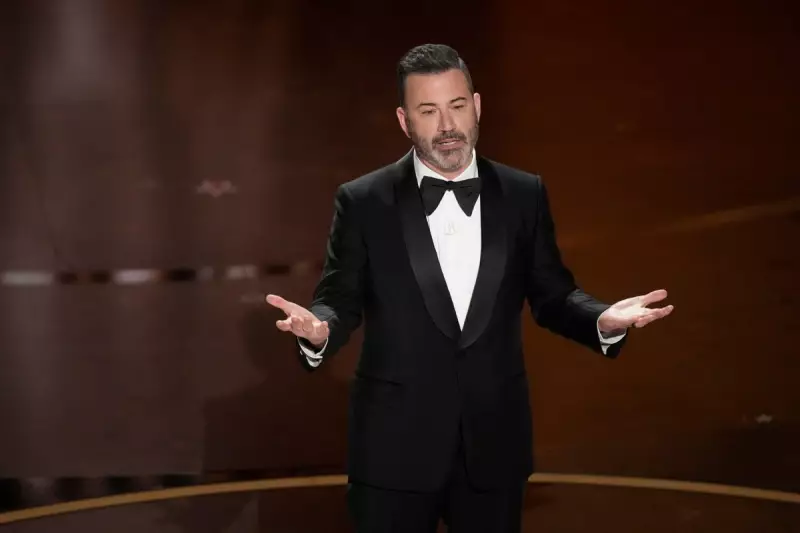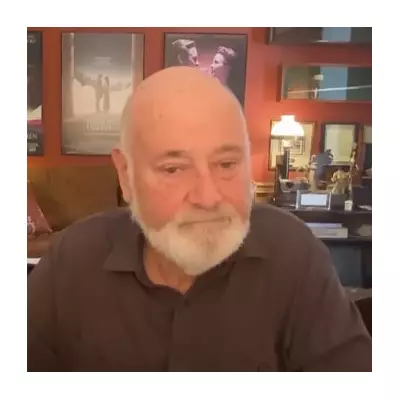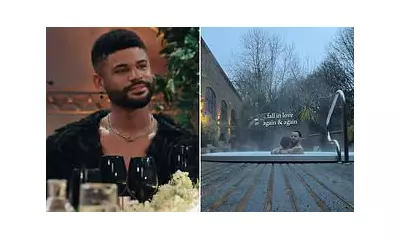
In an unprecedented moment of synchronised broadcasting, America's most influential late-night television hosts delivered a stark, unified message aimed directly at supporters of former President Donald Trump.
The coordinated segment, which aired on the shows of Jimmy Kimmel, Jon Stewart, and Stephen Colbert, has since ignited a firestorm of political commentary and crossed the Atlantic, becoming a major talking point within UK media circles.
The On-Air Intervention
The hosts broke from their usual format of monologues and celebrity interviews to address what they framed as a critical threat to American democracy. Each presented a carefully crafted argument against the 'Make America Great Again' movement, criticising its adherence to Trump despite his numerous legal challenges and controversial statements.
This wasn't merely comedy; it was a deliberate political act. The producers clearly orchestrated the timing and content to maximise impact, creating a wave of discussion that transcended American airwaves.
British Media Picks Up The Story
The story gained significant traction in the United Kingdom, with outlets analysing the implications of such a direct intervention by entertainment figures into the political sphere. The move has been dissected on news programmes and opinion pages, questioning whether it represents a justified stand or an overstep of influence.
British viewers and commentators are particularly intrigued by the cultural power of US late-night TV, a phenomenon with no direct equivalent in the UK broadcasting landscape.
A Divided Reaction
As expected, the hosts' message has polarised audiences. Supporters have praised the courage to speak out against a movement they view as dangerous. Detractors, however, have accused the hosts of elitism and of alienating a large portion of the American electorate, further deepening the country's political divisions.
The segment underscores the increasingly blurred lines between entertainment, news, and political activism in the modern media age, a trend that is being watched closely by observers on both sides of the pond.





